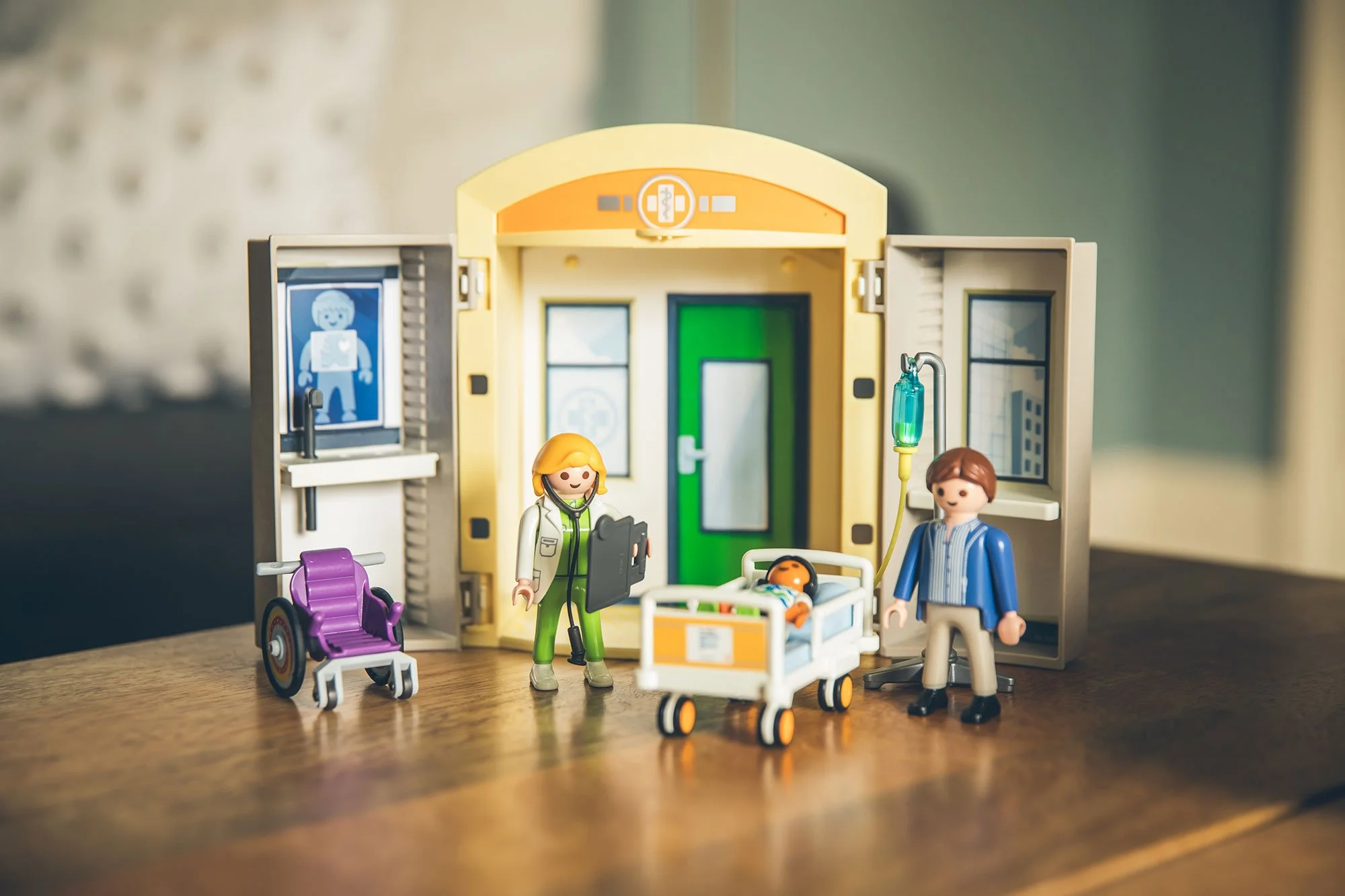
PROFESSIONAL TRAINING
Clinical Training in Child Parent Psychotherapy (CPP)
CPP Overview
CPP is an evidence-based treatment for children birth to five years old who have experienced traumatic events, such as child abuse and neglect, medical trauma, and traumatic grief, loss, and separations. Because the attachment relationship is the main organizer of the child’s responses to danger and safety in the first five years of life, CPP treatment is a dyadic intervention, which means that caregivers/parents participate in therapy with the child. CPP has a dual focus of strengthening and supporting attachment relationships, and helping the child process and understand traumatic events.
CPP was developed, researched, and is disseminated by the Child Trauma Research Program (CTRP) at University of California, San Francisco (UCSF).
-
To date, there have been five randomized control trials and numerous additional research studies demonstrating the effectiveness of CPP. Collectively, these findings show:
Improvements in children’s mood, learning, problem behaviors, and trauma symptoms.
Improvement in the parent-child relationship and in parents’ mood, parenting stress, partner relationship, and trauma symptoms.
Improvements in neurobiology, more specifically biological stress response (cortisol), and decreased cellular aging.
-
An Implementation Level CPP Course consists of an 18-month long CPP Learning Collaborative. The Learning Collaborative (LC) model is the dissemination strategy used by the National Child Traumatic Stress Network (NCTSN) to support uptake of best practices. What sets an LC apart from traditional training is the intensive focus on learning by doing. A CPP LC includes in-person or virtual training or learning sessions, intensive consultation, and peer-to-peer learning within and across organizations. Through the CPP LC, participants will gain core CPP knowledge and competencies to enable then to adopt CPP, and participating agencies will increase their capacity to provide an evidence-based trauma treatment for children birth to five years of age.
Participants who complete the CPP LC will be eligible for the roster of trained CPP clinicians. Please ensure that your agency leadership and all members of your team who might be part of the training are aware of the core components and minimum training requirements for a CPP Implementation Level Course, by accessing the resources below:
Training requirements for clinicians: LC Participant Training Agreement
Training requirements for supervisors: Supervisor Training Agreement
Interested in Colorado CPP Training?
My colleague, Dr. Shannon Bekman, and I are the Endorsed CPP Trainers for Colorado. We partner to provide CPP training to the Colorado behavioral health workforce. If you are interested in CPP training for your organization, please contact me so that I can learn more about your team, add your organization to our distribution list, and provide you with more information about upcoming CPP training opportunities in Colorado.
Professional Development
Infant & Early Childhood Mental Health
I provide professional development trainings to the following audiences:
Behavioral health organizations
Child welfare teams / human services organizations
Child welfare judges and attorneys
Court appointed special advocates
Healthcare organizations
Resource parents
Allied child welfare colleagues
Topics on which I regularly present include:
Attachment
Infant/Early Childhood Trauma
Infant/Early Childhood Development
Child Parent Psychotherapy
Inter-Professional Collaboration in Child Welfare
Safe Babies Court Team
Testifying in Court
Interested in professional development?
If you are interested in professional development training for your organization/team, please contact me so that I can learn more about your team and their training needs.



